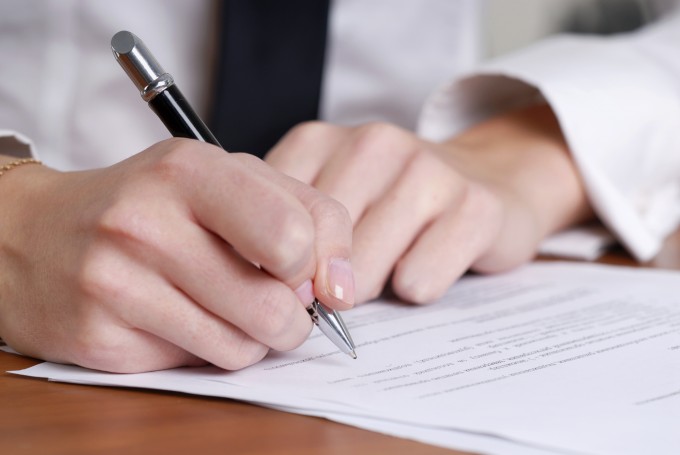Top Tricks for Writing Effective Collection Letters

Collection letters can be an extremely useful tool to collect payment, as they tend to carry more weight than emails alone. The key to a successful outcome is in writing effective collection letters that make your customers take notice.
The tricks for effective collection letters:
Letters should be incorporated into structured collections strategy
You will most likely have different collection strategies for each client depending on their risk level. By having a set strategy in place, and sticking to it, you will continue to remind a customer about a payment due, but also create a system in which your client will expect a letter or a phone-call at a particular time, and may therefore be more inclined to make payment automatically.
Make your letters clear
Be very clear as to what the letter is regarding from the outset, this will catch your customers’ attention and therefore your letter will not be placed in a pile, never to be seen again.
Be firm (when appropriate)
The tone of your letters should become firmer as the letter cycle continues as well as clearly outlining consequences of late payment. Your first letter should state the amount owed, your second should have the amount plus a warning that you will add interest if no payment is received, and the third should be a final demand that clearly states you will be taking court action if they don’t bring their account up to date.
Don’t tell your customer to ignore the letter
A classic mistake is to say to your clients ‘please ignore this letter if you have already made payment’. You want your client to ring or email you even if they have paid, this way any issues can be rectified and if you haven’t received a remit, this is a perfect time to ask for one.
Send copies by email also
By sending letters through the post and by email you will ensure that your client has received your letter. Attach a read receipt to your email and therefore you will have proof of receipt of the letter should you need to provide it as evidence at a later date.
Our collections strategy bundle will provide expert advice, guidance and templates to incorporate into your business’ collection strategy.
